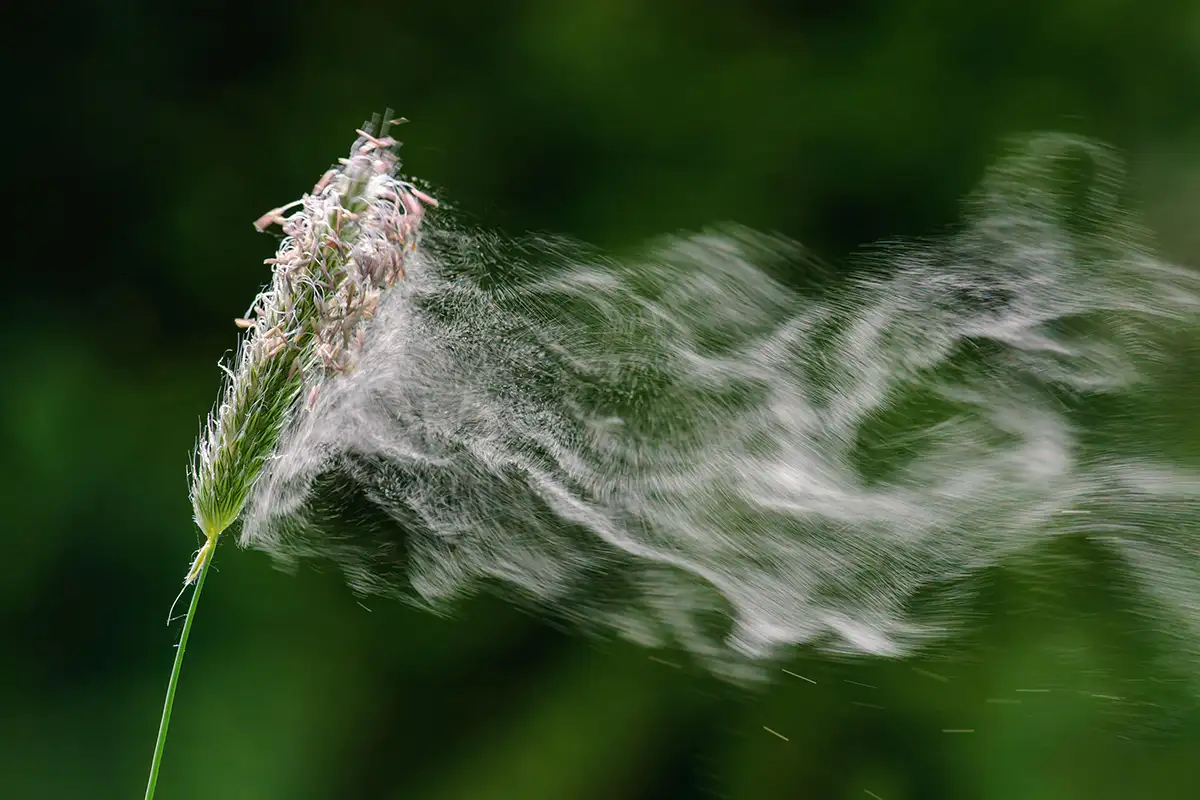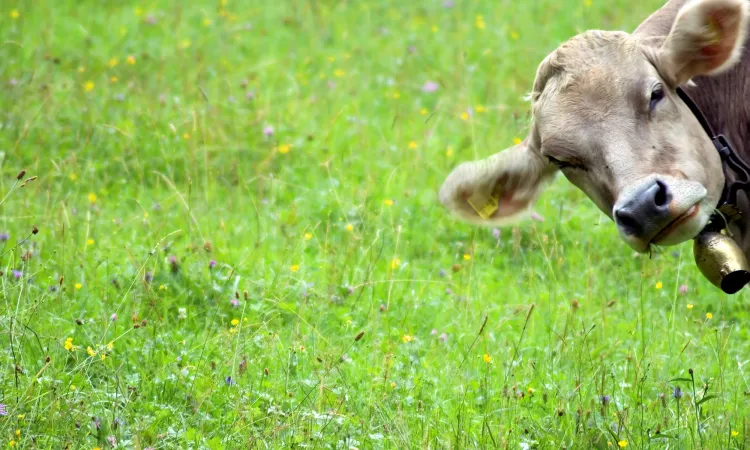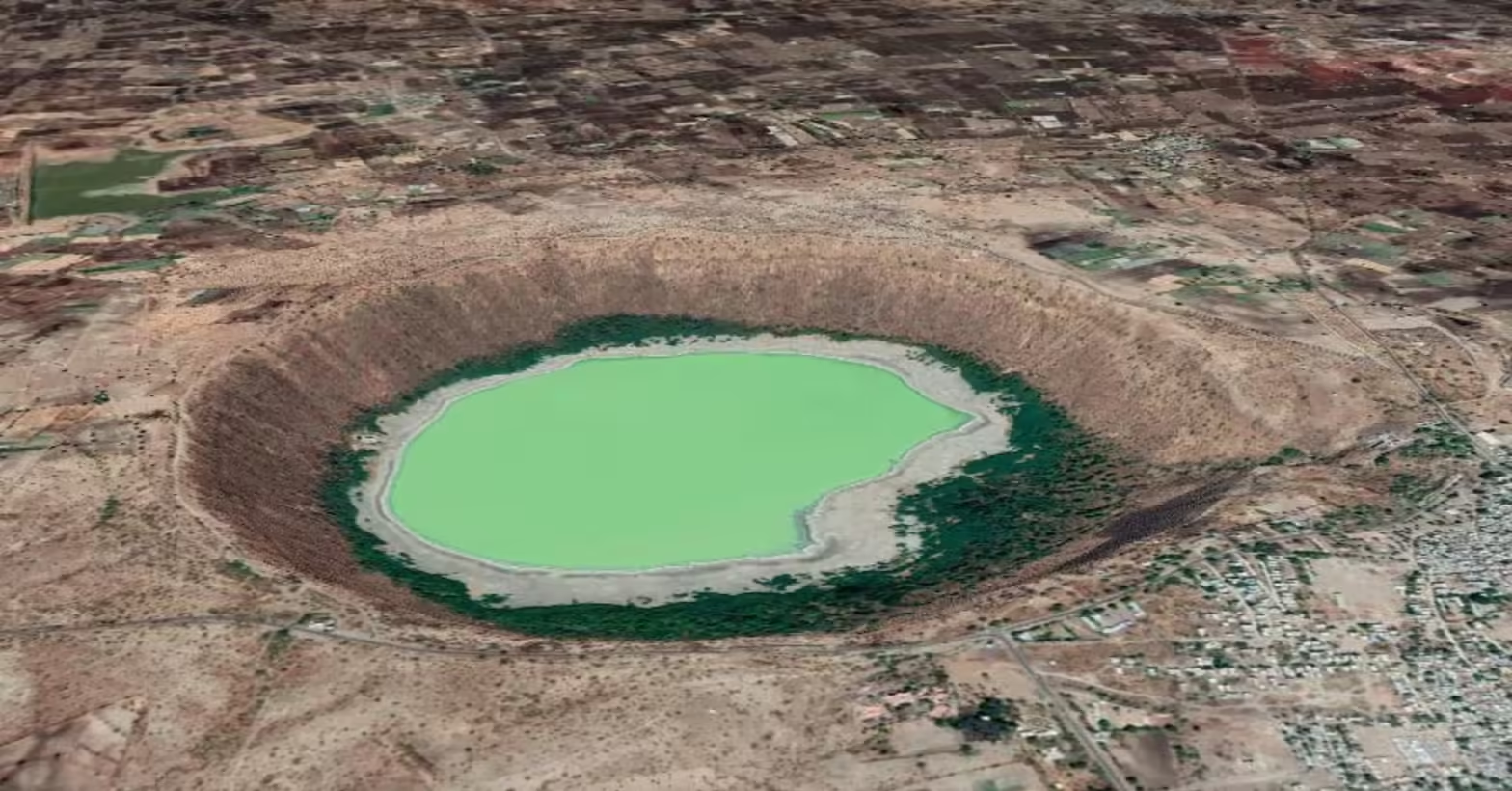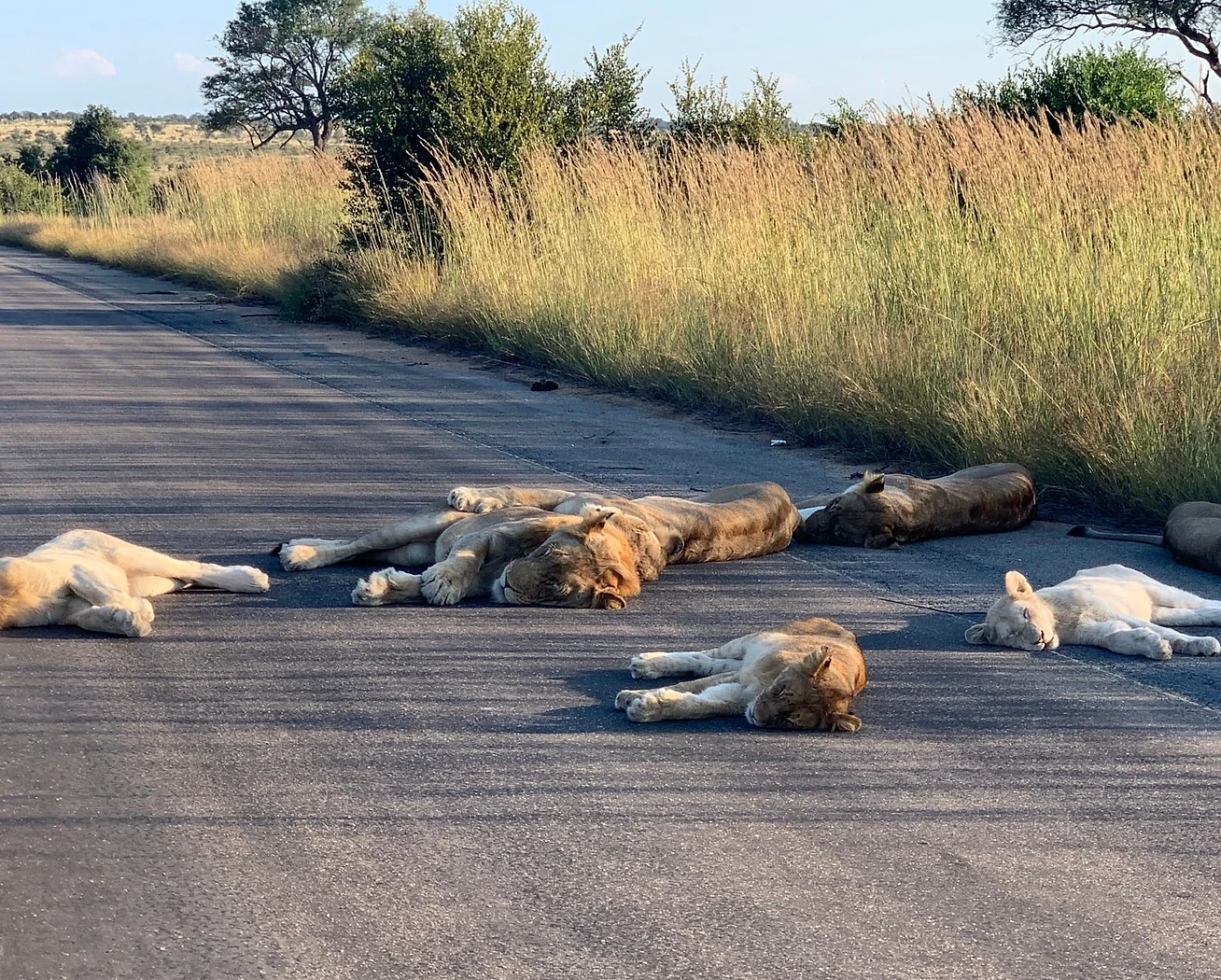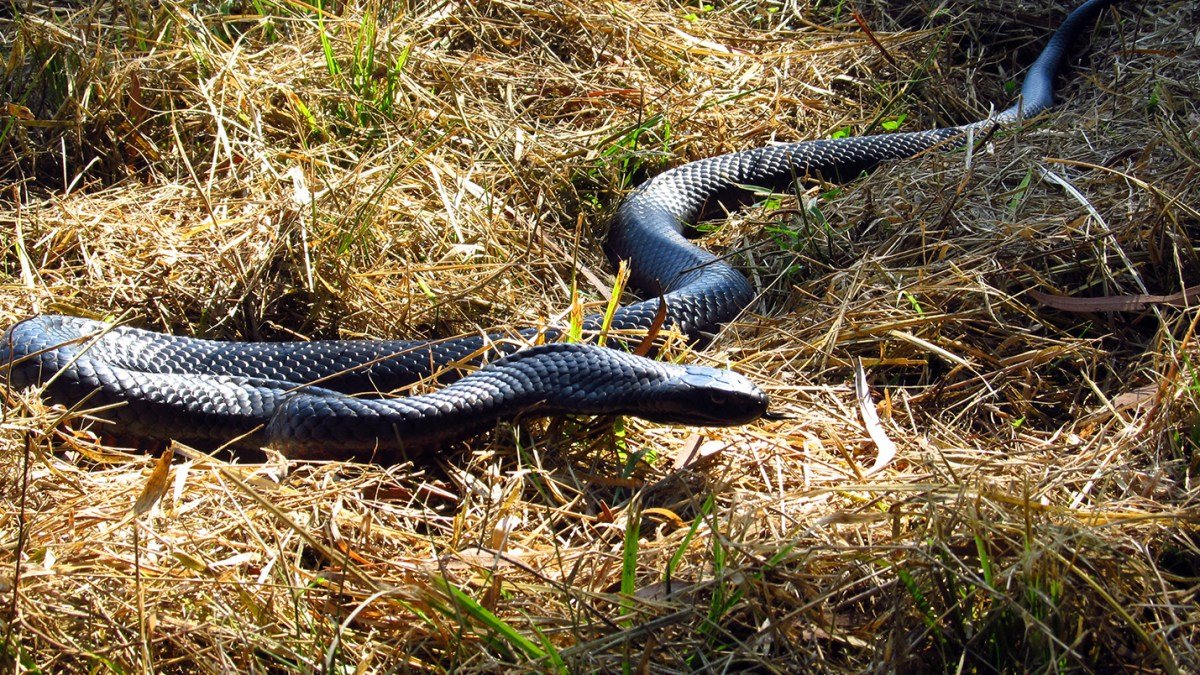Note: hay fever has no connection to hay. In the 1800s, people believed freshly cut hay caused it, hence the name. The true cause—pollen—was discovered in 1859 by British scientist Charles Blackley. Climate change affects not only the health of the planet but also that of people, worsening conditions such as hay fever, formally known… Continue reading Climate change is making hay fever worse
Climate change is making hay fever worse
